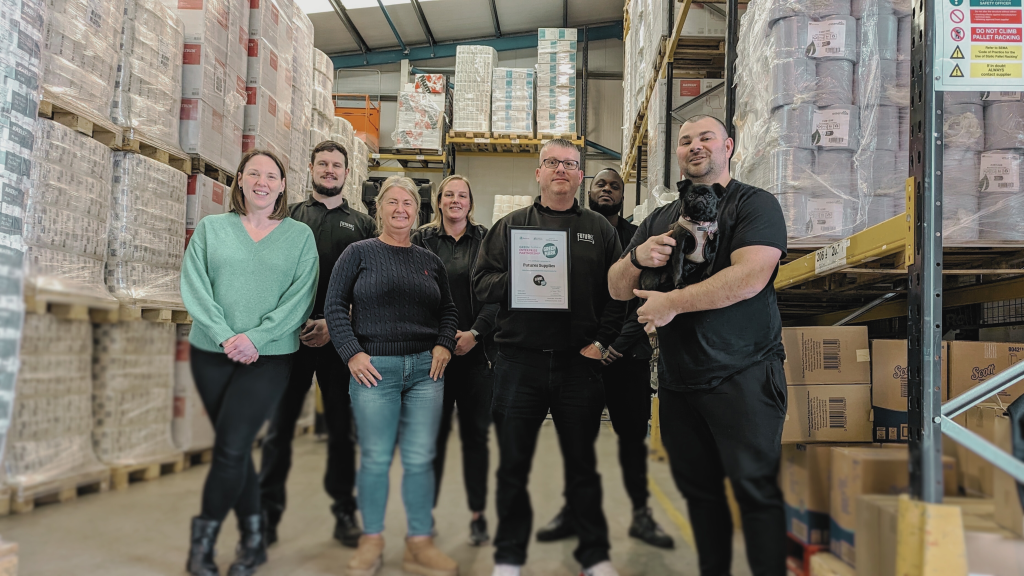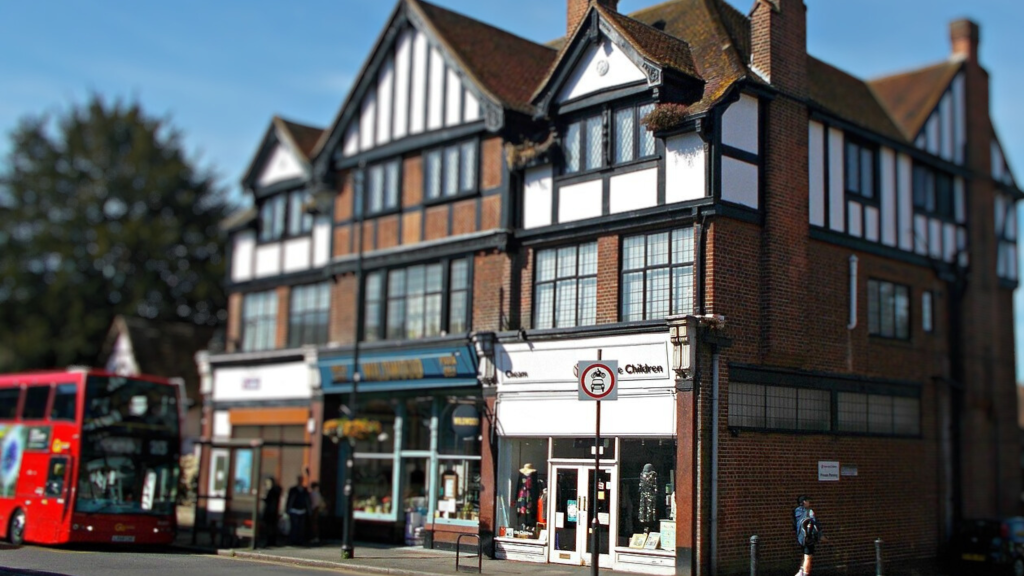Case Study
Turning Local Tax Policy into Climate Action: Sutton’s Replicable Model for Decarbonising SMEs

Case Study

Like many authorities, the London Borough of Sutton declared a Climate Emergency and set climate action plans to become net zero. While tackling ‘in-house’ emissions presents challenges, measures are relatively well-established: switching to renewable power, upgrading lighting to LED, and retrofitting buildings. However, in Sutton’s opinion, the greater challenge lies in reducing emissions not directly controlled by the council.
Small and medium enterprises (SMEs) are the backbone of local economies.
Individually, SMEs often have low carbon footprints, but collectively they account for one-third of all UK emissions. Despite progress in corporate sustainability, SMEs remain a frontier of climate action, typically lacking the resources to focus on decarbonisation. Bricks-and-mortar small businesses, in particular, face the dual pressures of the ongoing cost-of-living crisis and the rise of e-commerce. This complex landscape necessitated an innovative approach to accelerate climate action.
With about 20% of their territorial emissions coming from the non-domestic sector, Sutton Council created a model that financially supports and incentivises businesses to reduce their emissions. Using devolved powers legislation, the Council offers business rates relief to SMEs progressing through a 4-step decarbonisation pathway over two years.
Participating SMEs follow a structured 4-step route to decarbonisation over two years to qualify for business rates relief:
Year 1
Year 2

The Council launched Sutton’s Green Enterprise Partnership in 2023 to support and empower local businesses on their sustainability journey. It aims to:
Council goals include:
Importantly, by aligning climate goals with financial incentives, the scheme engages businesses that are not the usual suspects—those that may not have previously prioritised sustainability.
Sutton Council’s creative use of devolved powers—specifically Section 47 of the Local Government Finance Act 1988 as amended by Section 69 of the Localism Act 2011—allows the Council to offer business rates relief while recovering its cost by charging a 30% partnership fee.
This is equal to the usual share London councils retain of the original business rates bill.
Participating businesses effectively get a 70% reduction on their rates, with the fee covering:
The Council is the programme lead and coordinates delivery and key partners include:

Sutton’s Green Enterprise Partnership is delivering real benefits for both businesses and the environment. Since 2023, 214 businesses have participated. In the past year, the initiative has supported 128 local businesses, with 90 qualifying for business rates relief.
The scheme has proven highly effective: 75% of pilot businesses successfully met the scheme’s requirements in year 1, increasing to 79% in year 2.
Among those that completed the programme, the average emissions reduction was 20%—four times the original target of 5%—with a total verified carbon saving of 29.7 tCO₂e (scopes 1 & 2).
Participating SMEs embraced key actions such as improving insulation, upgrading appliances, switching to LED lighting, increasing waste segregation, and staff engagement.
Notable examples:
Sutton’s online delivery model is also highly cost-effective. It focuses on capacity building rather than traditional premises audits, encouraging businesses to develop solutions tailored to their own operations.
This approach equips businesses with the skills and tools to continue their sustainability journey beyond the period of direct support, fostering lasting behavioural change.

When asked what their key takeaways from delivering the scheme, Sutton Council commented that “clear, tangible tax incentives outperform grants, which can feel complicated and competitive, by engaging businesses that might otherwise not participate in sustainability efforts.”
They added that their “creative use” of Section 69 of the Localism Act 2011 has been “crucial for delivering transformative policy measures needed to secure an effective green transition.”
Sutton’s Green Enterprise Partnership will continue tracking environmental impacts and introduce economic indicators. The initiative will continue to provide ongoing support for SMEs on a rolling basis, recruiting new businesses as others complete the two-year pathway.
Momentum is building.
Sutton’s local tax policy is a replicable model for other local authorities and a real, practical step forward in finding solutions to tackle the climate emergency. The initiative illustrates the positive impact of innovative policies aimed at securing the prosperous and sustainable future that our communities deserve.
Photos, links, and references
With thanks to the London Borough of Sutton for providing this case study, including the images.